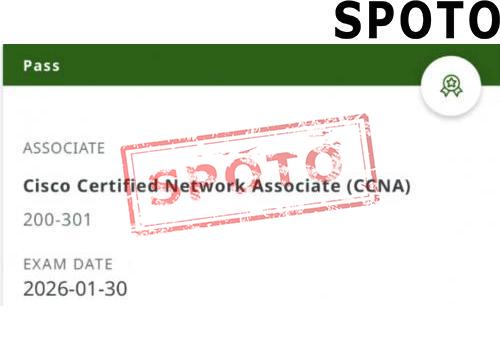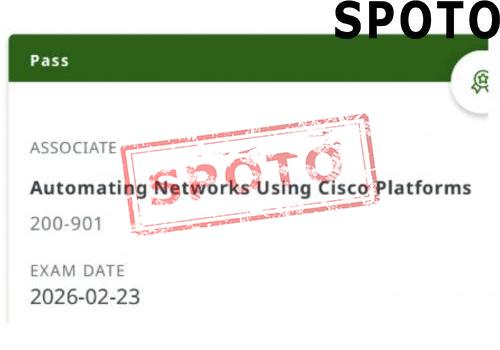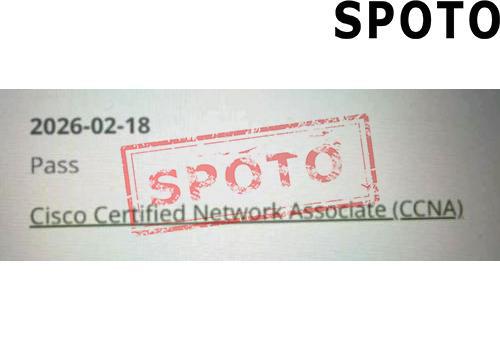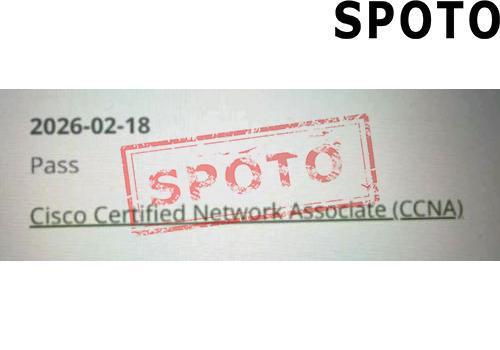
Administrators of computer networks and systems receive a significant salary in exchange for their extensive knowledge and experience. According to Payscale.com, the average compensation of a network administrator is around $60,000, which reflects the fact that the position often requires many years of expertise. The starting salary for an entry-level career can range anywhere from $40,000 to $50,000, contingent upon factors such as the company and the location.
Certifications, sometimes known as certs, are a means for network administrators to increase their employability and demonstrate their expertise in computer system networking. Administrators that are interested in furthering their professional standing can participate in Cisco Systems' very own set of third-party certification programs. Cisco Systems is one of the most prominent makers of networking hardware in the world. In addition, Cisco certifications are quite valuable in the eyes of organizations looking to hire network specialists.
According to Centriq.com's "Cisco Certification Salaries" report, entry-level administrators who hold a Cisco Certified Entry Networking Technician (CCENT) certification may expect beginning wages of around $60,000 per year. Additional certifications can boost an administrator's chances of getting a pay rise or promotion above and beyond what could be available to similarly situated administrators who are not Cisco certified.
Students who get their master's degrees in cyber security online might improve their job prospects by positioning themselves for positions as system network administrators. They may, however, make themselves more appealing to potential employers by becoming proficient in additional skill sets that might be of help to the cybersecurity industry. The information you need concerning Cisco certifications may be found online.
Some Arguments in Favor of Obtaining a Cisco Certification
When it comes to finding suitable candidates in the information technology field, education is only one factor that many organizations consider. Because certifications are a method of verifying that someone possesses the necessary skills for a particular job, they are utilized extensively in the field of information technology (IT), more so than in the majority of other fields. The majority of job advertisements in industries linked to information technology either demand or strongly that candidates possess certain technical certifications, such as those provided by Cisco.
![]()
Certifications are utilized by sixty percent (60%) of all businesses to validate the level of subject-matter competence possessed by job prospects. According to CompTIA's "5 Reasons Why Employees Look for IT Certifications," 72% of employers demand them for job postings when the skill set certified by the certification is crucial for success.
There are shows some of the other ways in which certification may be beneficial to network administrators. These benefits are in addition to the fact that certification verifies the technical knowledge essential for IT employment. To provide one illustration:
IT workers who have earned Cisco certifications have a greater chance of being hired for more desirable jobs, which in turn opens up new doors for career growth chances.
Earning a Cisco certification can increase a network professional's salary, not only for entry-level roles but also for more advanced ones. For example, a CCNA-certified architect might make close to $120,000 a year in salary and benefits.
The majority of companies appreciate Cisco's reputation for certifying networking knowledge and abilities; as a result, they tend to favor Cisco certs over alternative possibilities. The majority of managers (66%) believe that having a Cisco certification helps customer service and assistance overall.
The time spent training and studying to finish a Cisco certification path is more than justified by the long-term advantages of earning a Cisco credential, which much surpasses the potential costs of such an endeavor.











